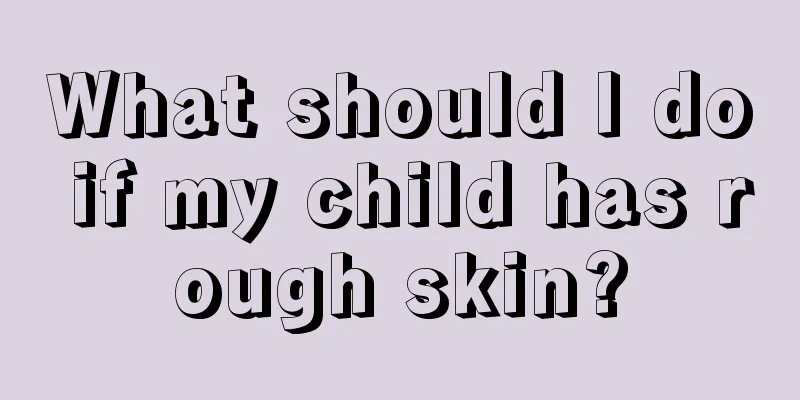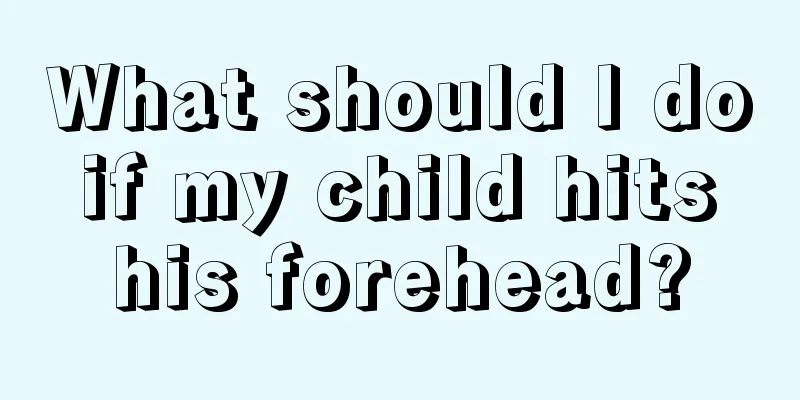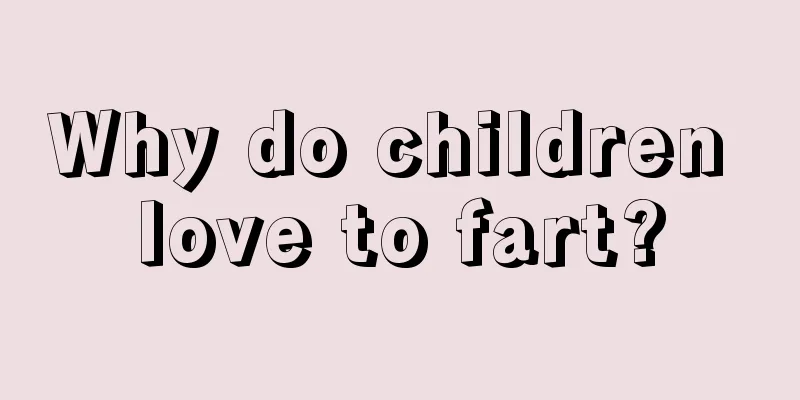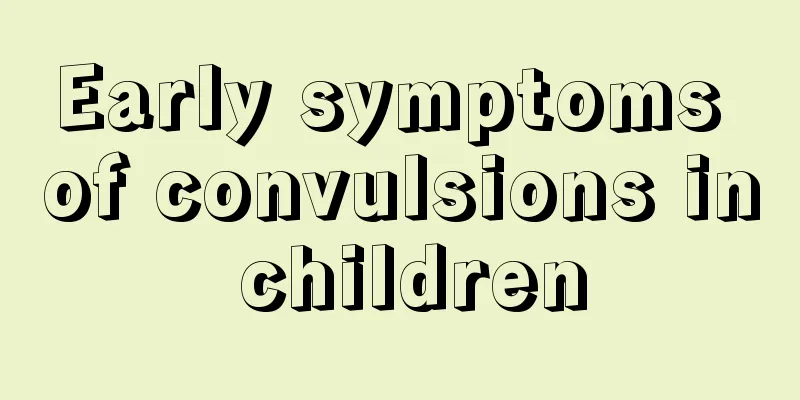Child breathing through mouth
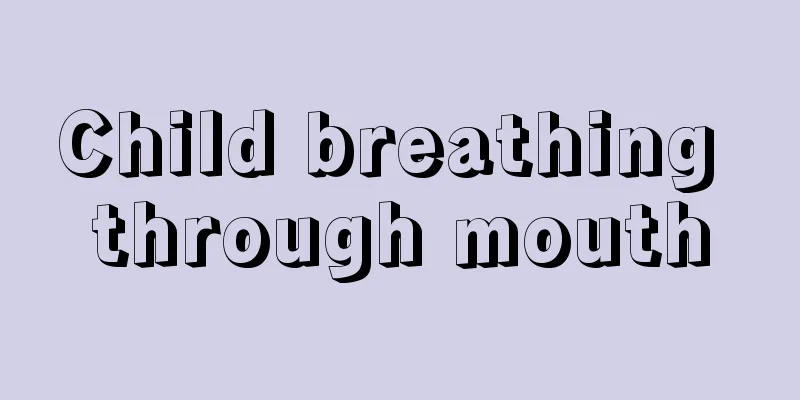
|
As we all know, our main respiratory system is the lungs. But the main breathing passage is the nose. Of course, some people also breathe through their mouths, especially if their noses are blocked. It is not impossible to breathe through the mouth, but it will cause us to inhale a lot of dust and particles, and even cause snoring. So, what is the reason why children breathe through their mouths? Many parents may have heard of the dangers of mouth breathing. For example, it may cause children to snore while sleeping, affecting the quality of sleep; it may affect the facial development of children, resulting in an ugly face; it may affect the chewing function of children, hindering the absorption of nutrients... But most parents may not know that mouth breathing may cause children to lose concentration and ultimately affect their academic performance. The hazards of mouth breathing can be summarized into the following four points: 1. Cause children to lose concentration. Children who breathe through the mouth have insufficient blood oxygen saturation, which will gradually lead to long-term chronic hypoxia that affects the development of the central nervous system, causing distraction, memory loss, and even mental retardation. 2. Affect the growth and development of children. Children hold their breath and have interrupted sleep, which leads to a decrease in deep sleep, making it difficult for growth hormone secretion to reach normal levels, thus affecting their growth and development. 3. Cause respiratory tract infection. The nasal cavity is the first line of defense in the respiratory tract, and it has the functions of warming, humidifying and filtering the air. If you breathe through your mouth for a long time, the defensive function of your nasal cavity will not be exerted, and the air will be inhaled directly into the lungs without being filtered, which can easily cause respiratory infections. 4. Affects facial appearance. Long-term mouth breathing causes the exhaled airflow to produce continuous thrust on the upper jaw, forming an "adenoid facies", which is manifested by a short, thick and upturned upper lip, hypertrophy of the lip muscles, a sunken nasal root, atrophy of the nose wings, disappearance of the nasolabial groove, a narrow dental arch, a high arched palate, crowded teeth, protrusion of the upper front teeth, drooping mandible, and mandibular retrusion deformity, which seriously affect the beauty of the child's face. |
<<: The child is crying because of teething
>>: How many shots of rotavirus vaccine are needed?
Recommend
IQ of premature babies
There is a rumor among the people that premature ...
Why do children's ears get hot?
Why do children's ears get hot? Is this a que...
Is baby powder good for children?
The use of talcum powder for children makes many ...
How to eat walnuts for children?
Today's parents pay great attention to their ...
What should I do if my child stutters?
Children are more prone to stuttering, which can ...
What are the benefits of girls learning Taekwondo?
Many children start practicing Taekwondo at an ea...
Vestibular dysplasia in children
If children have problems with their diet or life...
What to do if your child has trouble breathing at night
People are most likely to get sick and infected w...
What should I do if my eight-month-old baby refuses to eat complementary food?
Many mothers will find a problem when adding comp...
What to do if your child has allergies
Children are mainly prone to inheriting allergies...
What to do if your baby has a fever in spring
Spring is a season that we all like very much. Sp...
What should I do if my baby has one big eye and one small eye?
If a baby has one big eye and one small eye, pare...
What are the adverse reactions to hand, foot and mouth disease vaccination?
In the past few years, large-scale outbreaks of h...
Treatment for neonatal insecurity
The lack of security in newborns often makes our ...
What causes shortness of breath in children?
Recently, some parents have reported that their c...
